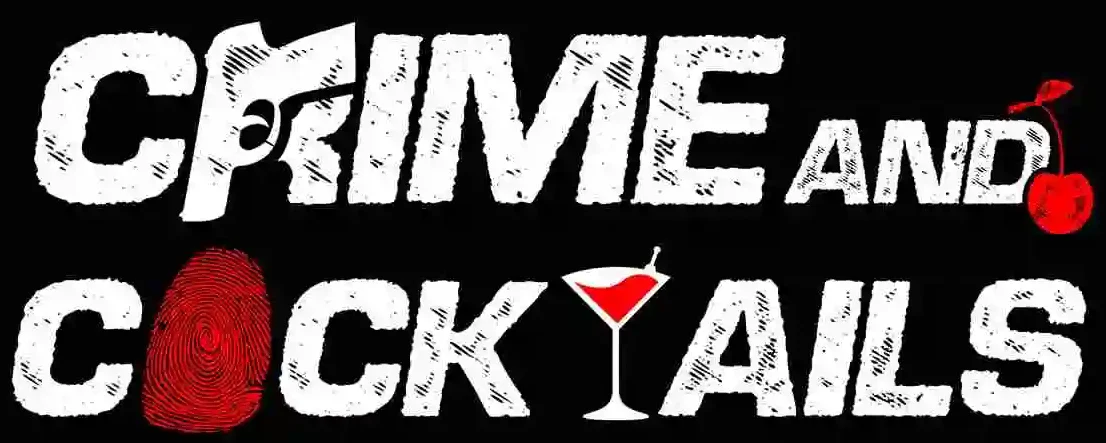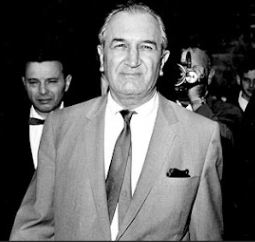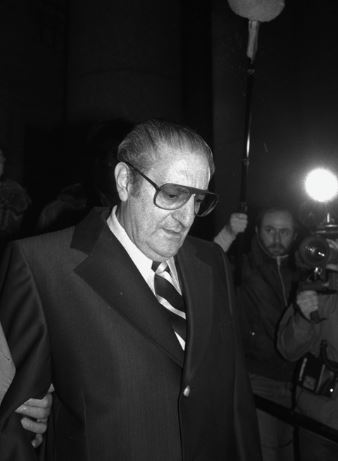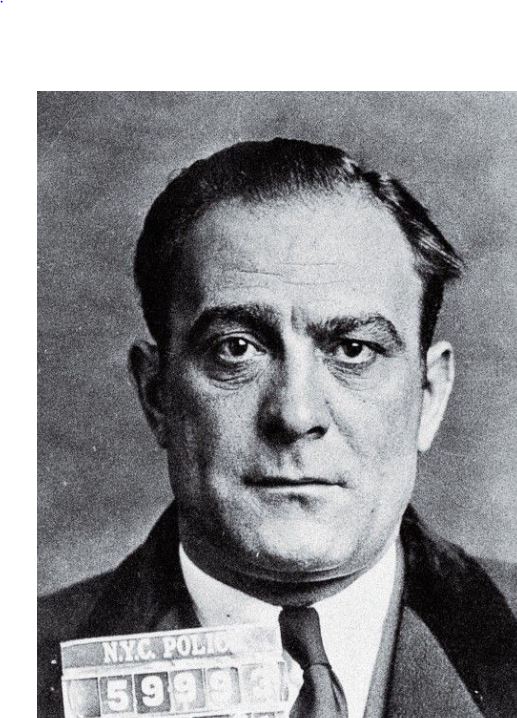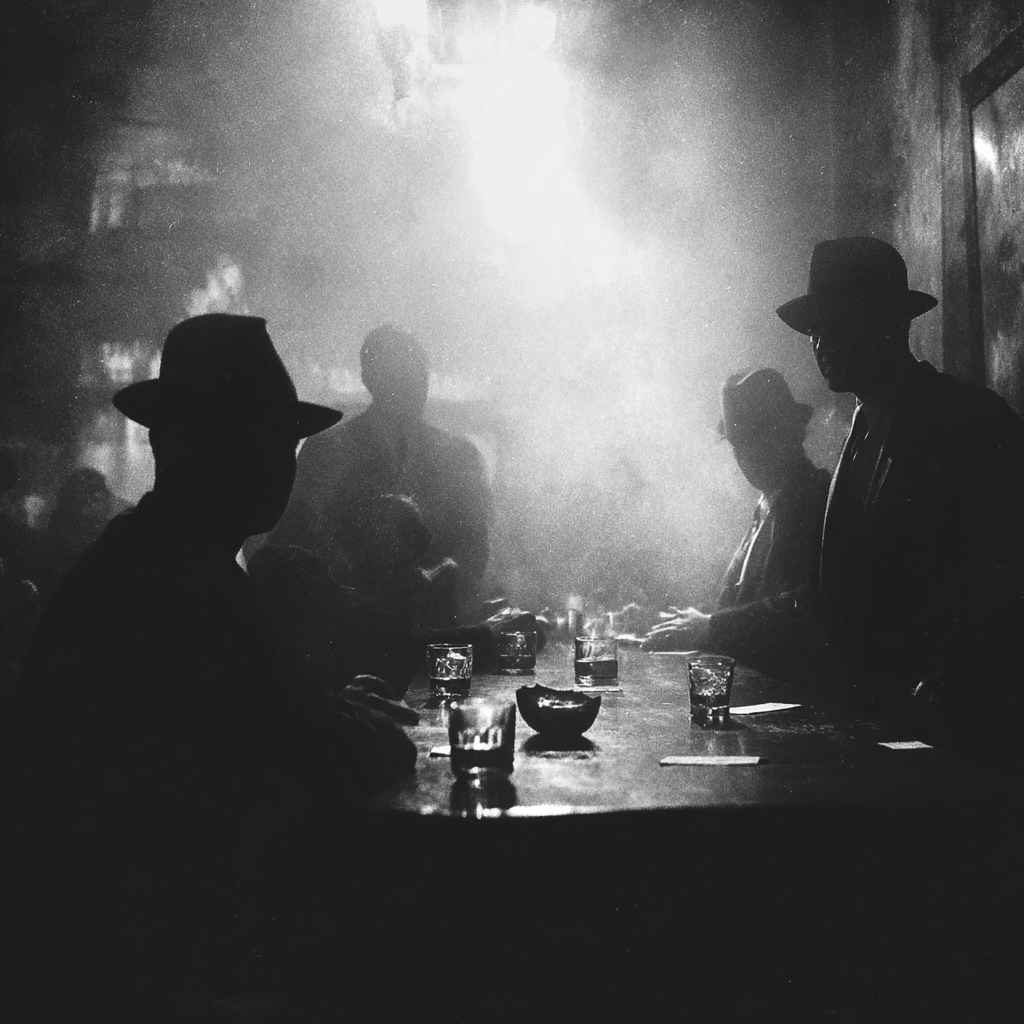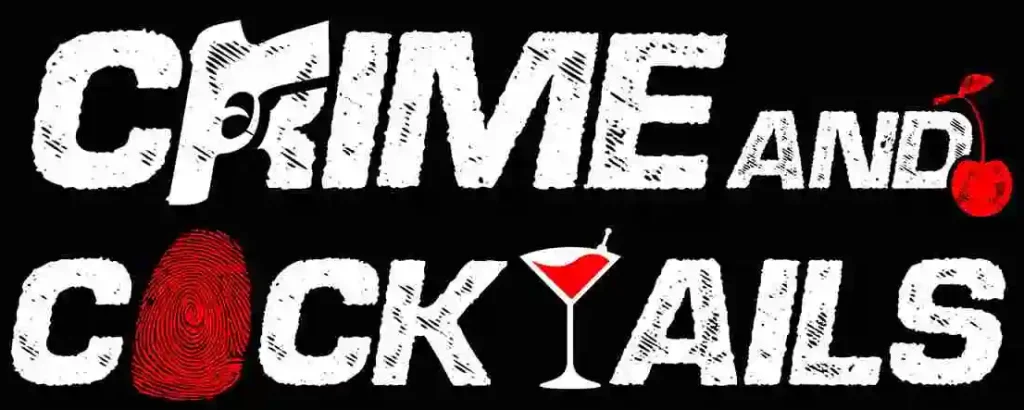By the early 1960s, Joseph Bonanno had it all. The suit. The smile. The swagger. They called him “Joe Bananas,” a nickname he loathed—too fruity, too flippant for a man who saw himself as a patriarch of old-world honor. But behind the polished shoes and Sicilian airs was a man quietly choking on ambition, deception, and his own bloodline. The war that would bear his name wasn’t just a Mafia power struggle—it was a family implosion smeared in betrayal, delusion, and the rot of legacy gone wrong.
They called it the Banana War, and Joe Bonanno was both the architect and the casualty.
The Seeds of the Storm
Joe had built his empire the way Rome was built—brick by bloody brick. From bootlegging in the ’20s to rising through the ranks of Lucky Luciano’s Commission, Bonanno played the long game. He kept a tight crew, a family-first philosophy, and a well-curated image of stability. But beneath the calm surface was a tempest waiting to be unleashed.
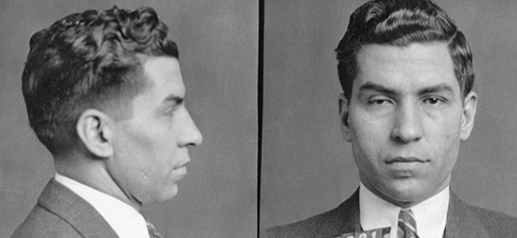
By the early ’60s, Joe saw the old dons aging out or dying off. The Commission, once a sharp instrument of order, had grown soft with greed and fat with compromise. Joe didn’t just want to keep his seat at the table—he wanted to reshape the table, perhaps even dominate it.
That required removing a few chairs.
Namely, Carlo Gambino, Tommy Lucchese, and Gaetano Lucchese’s successor, bosses who were too ambitious, too Americanized, and—most of all—not Bonanno. Joe saw them as threats to the old ways, and threats, to him, were invitations for war.
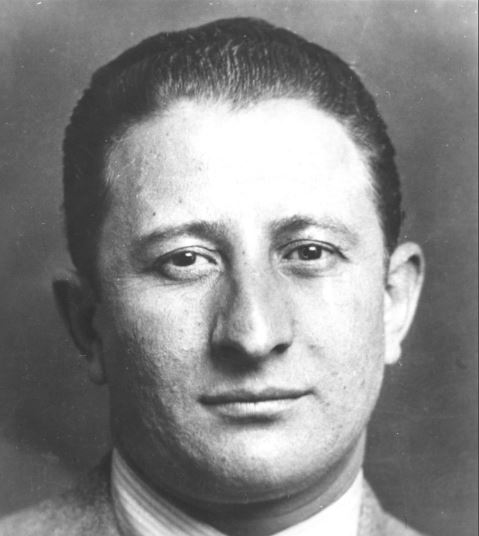
But war, like power, rarely goes to plan.
The Plot That Choked
Joe’s first mistake was hubris. His second was involving his son, Salvatore “Bill” Bonanno, in the grand strategy.
Joe’s plot was simple: quietly assassinate key Commission members and install a coalition loyal to him. A Sicilian coup beneath American noses. But there’s nothing quiet about whispers in Cosa Nostra—every move echoes. Word got out. Fast. And the bosses he sought to eliminate got wind of his intentions before a single shot was fired.
Joe vanished in 1964. Kidnapped, he claimed later. Some believed him. Others believed he staged the whole thing to dodge the blowback from his failed coup. Either way, his absence ignited a full-blown civil war within the Bonanno family.
And it was his son who was left holding the bloody bag.
Bill Bonanno: Prince of Nothing
Salvatore “Bill” Bonanno was clean-shaven, Ivy League-leaning, and mafia royalty by blood—but not by grit. He was everything the street guys hated: too soft, too educated, too obsessed with ideology. His rise to consigliere and then underboss was forced through by Joe, bypassing harder men who had done the dirty work. That made Bill a target the moment his father disappeared.
The opposition? Gaspar DiGregorio, an old soldier with dirt under his nails and nothing left to prove. The Commission backed DiGregorio to lead the Bonannos. He had the street muscle, the political backing, and the hatred for Joe’s nepotism. And so began the Banana War—a fratricidal bloodletting that would tear the Bonanno family in two.
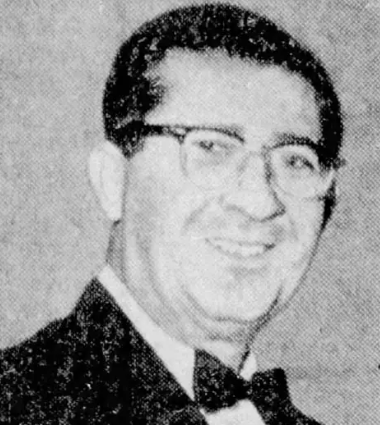
Shootouts on Brooklyn streets. Bombs planted under car seats. Wiretaps crackling with threats and betrayals. For nearly five years, the Bonanno family ate itself alive, all while the other Five Families watched and waited—cold, calculating, amused.
A Father’s Legacy in Ashes
Joe finally resurfaced in 1966, leaner and colder, claiming innocence and preaching peace. But his empire was dust. The Commission had blackballed him. His son was being hunted by men he once called “uncle.” His name—once spoken with reverence—was now a punchline.
He tried to broker peace with DiGregorio. The infamous “meeting” on Troutman Street in Brooklyn was supposed to be the moment reconciliation began. Instead, it was an ambush. Shots were fired. Bill narrowly escaped. Joe realized then: he wasn’t just fighting rival dons. He was fighting time itself.
He was an anachronism. A relic of a world that had already buried him.
DiGregorio, too, would soon fall. Not by Joe’s hand—but because the war had drained him. He died sick, disgraced, and irrelevant. The Commission replaced him with Paul Sciacca, another puppet. Another attempt to clean up the chaos. But the truth lingered: the Bonanno family was no longer a family. It was a name without a soul.
The Final Betrayal
In 1968, Joe officially “retired.” It was theater. There is no retirement in the mob—only exile or execution. But the government, watching with hungry eyes, offered him a stage.
He took it.
In 1983, Joe Bonanno did the unthinkable. He published his memoir, A Man of Honor. It was, at its core, a confession—draped in half-truths, selective memory, and self-mythologizing. The old man wanted to control his narrative, even if it meant torching what little credibility he had left. He talked about “men of honor” and “codes,” but the book read more like an elegy for a man who couldn’t control his own son, his own crew, or his own downfall.
The Mafia was furious. The FBI was delighted. The book did what decades of indictments couldn’t: it ripped open the curtain on La Cosa Nostra’s inner sanctum. Names, customs, rituals—it was all there, wrapped in a Sicilian grandfather’s prose. Joe had become what he once despised: a man who talked.
In the end, he was no longer feared.
He was pitied.
Aftermath and Shadows
The Banana War didn’t just kill men. It killed the Bonanno Family as a power in the Five Families. For years afterward, they were shunned by the Commission. The FBI exploited the chaos. Informants bloomed like weeds. By the 2000s, they would become the most infiltrated family in New York Mafia history.
And it all began with Joe Bonanno, a man who mistook control for loyalty and family for a dynasty. His ambition infected his bloodline, his arrogance shattered his legacy, and his son—the heir to it all—was left broken, despised, and eventually irrelevant.
A Kingdom of Rot
Joe Bonanno died in 2002 at the age of 97. He died in a house, not a gutter. In a bed, not in a ditch. But don’t mistake longevity for victory.
He died watching the world change around him, watching his enemies die quicker but louder, and his name twisted into folklore, mockery, and criminal trivia. The Bonanno family still exists—on paper. But it’s a ghost of what it was, haunted by a war that never truly ended.
There are no statues for men like Joe Bonanno. Only FBI files, shattered bloodlines, and unmarked graves.
And whispers, still echoing in dark corners:
“The Banana War? Yeah, that’s the one where the father lit the match and the son burned in it.”
